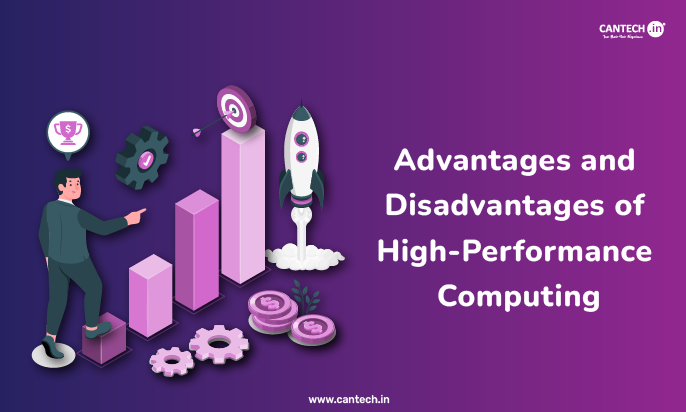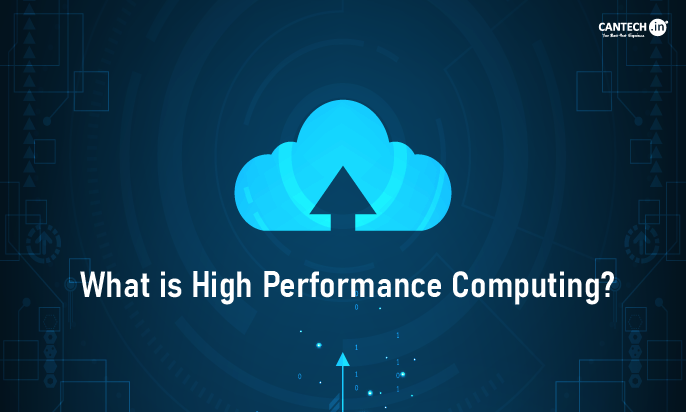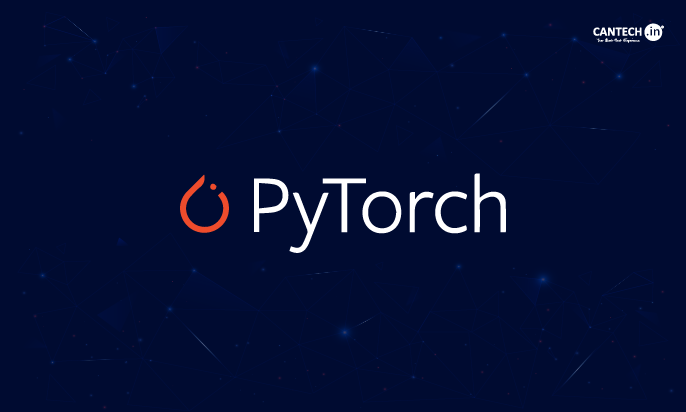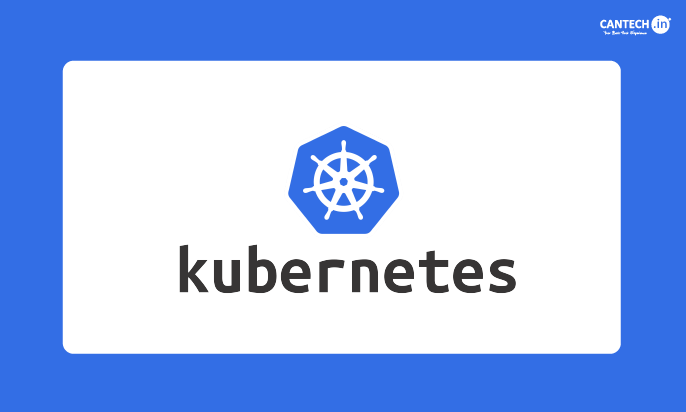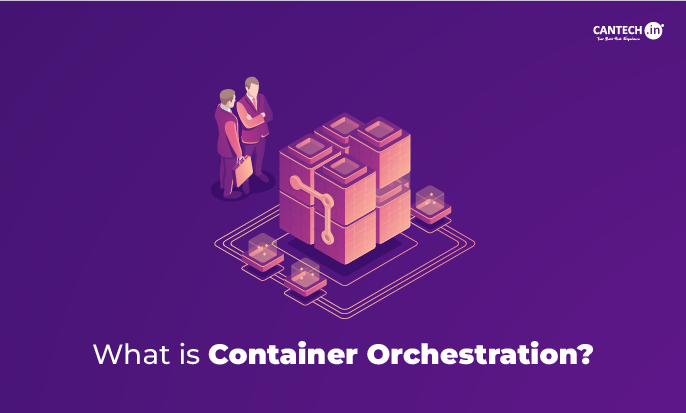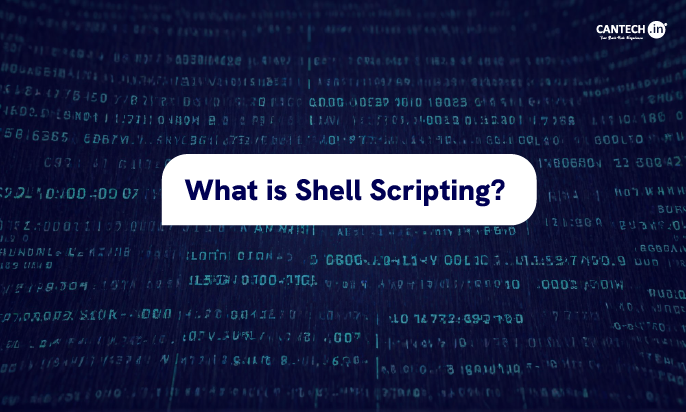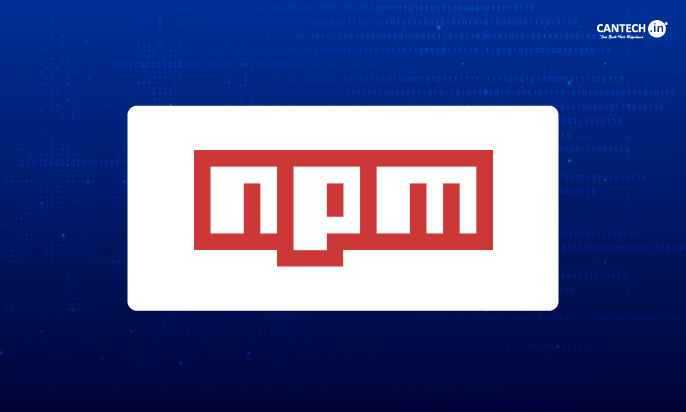Data is everything in most fields, such as weather forecasting, medical research, financial analysis, artificial intelligence, etc. Modern technology, such as high-performance computing (HPC), makes it possible to process huge amounts of data in a very short amount of time. Also, computers can perform complex calculations with HPC at super-fast speeds.
This blog will further discuss the basics of high-performance computing (HPC). Know the main advantages and disadvantages of high-performance computing.
What is High-Performance Computing?
High-performance computing means systems can process a lot of data and heavy computational tasks at super-high speeds.
A single computer can offer only a limited amount of processing power, but HPC connects multiple computers (known as nodes). These nodes work together in a network (known as a cluster). This setup results in faster task performance.
Moreover, regular computers process tasks one by one but HPC systems distribute work across multiple nodes.
All in all, they can run large simulations, analyse huge datasets, and solve complex problems efficiently.
Learn more about What is High-Performance Computing and and its role in AI, research, big data, and modern cloud infrastructure.
Where is High-Performance Computing Used?
See an overview of key areas below –
- Healthcare uses HPC in drug discovery, vaccine development, and medical imaging.
- Aerospace and Automotive can simulate real-world conditions for testing aircraft and vehicles.
- Finance and banking can benefit from HPS for risk assessment, stock market analysis, fraud detection, etc.
- Weather Forecasting uses it to predict storms, climate changes, and natural disasters.
- The manufacturing industry can design and test new products using computer simulations.
- Entertainment and Media use it in animation, video rendering, and virtual reality.
How HPC Works
HPC system uses parallel computing. Its setup breaks a task into smaller ones and multiple nodes process them at once. Thus, it does not rely on one processor to complete a task.
For this, it uses powerful processors, high-speed networking, and massive storage systems (advanced software and specialized hardware).
HPC can be used in different ways –
- Parallel Computing – Multiple processors work together for a task at once.
- Cluster Computing – A group of interconnected computers work like a single unit.
- Grid Computing – Many computers in different locations connect over a network using and sharing computing resources.
Advantages and Disadvantages of High-Performance Computing
High-performance computing (HPC) is a powerful technology that enables rapid processing of massive data sets, driving innovation across industries like healthcare, finance, scientific research, and AI. However, like any advanced system, there are both pros and cons of high-performance computing that organizations must consider. Understanding these advantages and disadvantages of high performance computing is crucial for making informed decisions when implementing HPC solutions.
Advantages of High Performance Computing
1. Faster Data Processing
Speed is one of the main benefits of High Performance Computing Systems. Businesses and researchers can process large volumes of data in seconds. This benefit of HPC is useful for tasks that require real-time results like weather forecasting or financial market analysis.
2. Reduced Need for Physical Testing
HPC can simulate real-world conditions. Therefore, companies that can run virtual simulations need not conduct expensive and time-consuming physical tests. For example, car manufacturers can test crash scenarios using computer models instead of building and destroying real cars.
3. Cost Savings in the Long Run
HPC system setup can be expensive. However, you can save money over time as it reduces the need for physical tests. As a result, it also minimizes downtime and improves efficiency. Moreover, you can even use cloud-based HPC that doesn’t need heavy investments in expensive hardware.
4. Research and Innovation
One of the benefits of HPC is that it can process huge amounts of data in no time. Thus, scientists and researchers rely on HPC to speed up their work. It helps them a great deal in developing new drugs, studying climate patterns, or improving artificial intelligence, Thus, it leads to faster discoveries.
5. Better Decision-Making
Many companies rely on big data. With HPC, they can make smarter decisions and enhance productivity by analysing patterns and trends at high speed. As a result, they can improve strategies and reduce risks easily and fast
6. High Reliability and Fault Tolerance
In case, any part of the HPC system fails, the rest continues. You see, regular computers may crash due to a single failure but HPC systems are meant to handle faults and continue operation.
Disadvantages of High-Performance Computing
Such an advanced setup needs a few considerations too. There are some challenges of High Performance Computing Systems, discussed below –
1. High Initial Cost
On-premises HPC systems require huge investments in hardware, networking, and cooling systems. The cost of building and maintaining these systems is also high. Thus, this is a significant drawback of HPC for small businesses.
2. High Energy Consumption
It also needs a lot of power to operate and becomes expensive to maintain. It generates heat that requires advanced cooling solutions so that it does not overheat. This further leads to high electricity bills.
3. Complex Setup and Maintenance
HPC system management and maintenance is difficult. You will need skilled professionals for advanced computing, networking, and software. It may be challenging to find experts who can set up and maintain these systems properly.
4. Lack of Portability
It could be difficult to upgrade or move the HPC setup as programs written for one HPC system may not work efficiently on another. Data transfer data and software reconfiguration may take weeks or even months.
5. Hardware Becomes Outdated Quickly
As technology advances, HPC hardware can become outdated within a few years. This requires businesses to continuously invest in new hardware. This adds to the overall cost but keeps up with advancements.
6. Long Procurement Time
HPC equipment is in high demand so you may need to wait months to receive the required hardware. This delay can slow down projects or research.
Future of HPC (High-Performance Computing)
HPC is in high demand today but in the future, it is expected to play a bigger role as industries are becoming more data-driven. Thus, its market is growing and various companies are starting to invest in advanced computing solutions. Below are some of the key areas where HPC is going to be highly prevalent –
- Artificial Intelligence and Machine Learning (AI model training and deep learning applications)
- Healthcare and Precision Medicine (drug discovery and personalised treatments)
- Smart Cities and IoT (Real-time data processing for traffic management, security, and urban planning)
- Autonomous Vehicles (Better simulations for self-driving car technology)
- Cloud-Based HPC (More businesses shifting to cloud solutions to reduce costs and improve flexibility)
Conclusion
More and more businesses will adopt HPC with the further growth of cloud computing. They need not invest in expensive hardware with cloud-based HPC. Also, they get better scalability, security, and access to the latest technology.
Hence, HPC is bringing about a great revolution in how industries operate by making data processing faster and more efficient. Businesses, researchers, and governments use HPC to process large-scale data quickly. While exploring the advantages and disadvantages of high-performance computing, it becomes clear that challenges like high costs and complexity can be overcome with the help of experts like Cantech where you can get advanced GPU Dedicated Server and Cloud GPU servers at highly competitive costs. Reach out today!
FAQs on Pros and Cons of HPC
Why is HPC considered more efficient than traditional computing?
Traditional computers process tasks one by one. Whereas, HPC systems split complex problems into smaller tasks for the multiple processors to solve it at once. This parallel processing reduces the time consumption and completes large-scale computations in no time.
Thus, HPC can run multiple calculations at once with advanced software and hardware. Such processing of vast amounts of data at incredible speeds cannot be achieved by a regular computer.
Can small businesses benefit from HPC?
Yes, small businesses can use cloud-based HPC so they need not set up expensive on-premises systems. This reduces costs, can scale, and proves to be highly flexible. They can access advanced computing power without heavy investments.
Is cloud computing a viable alternative to on-premises HPC?
Yes, cloud-based HPC offers scalability, lower initial costs, and the ability to access the latest technology without the need to invest in expensive hardware. Thus, it is a viable option for many businesses.
